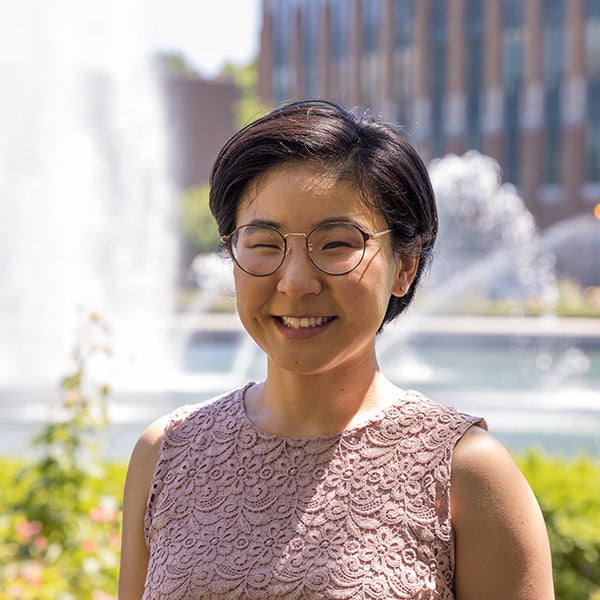Research Areas
Momona Yamagami is an Assistant Professor at Rice University in the Electrical and Computer Engineering department. Her research focuses on designing personalized human-machine interfaces for health and accessibility. She is interested in leveraging biosignals measured from sensors in, on, or around the body to develop closed-loop human-machine systems that are personalized to each user’s physical characteristics, with a focus on people with movement disabilities and/or chronic conditions.

